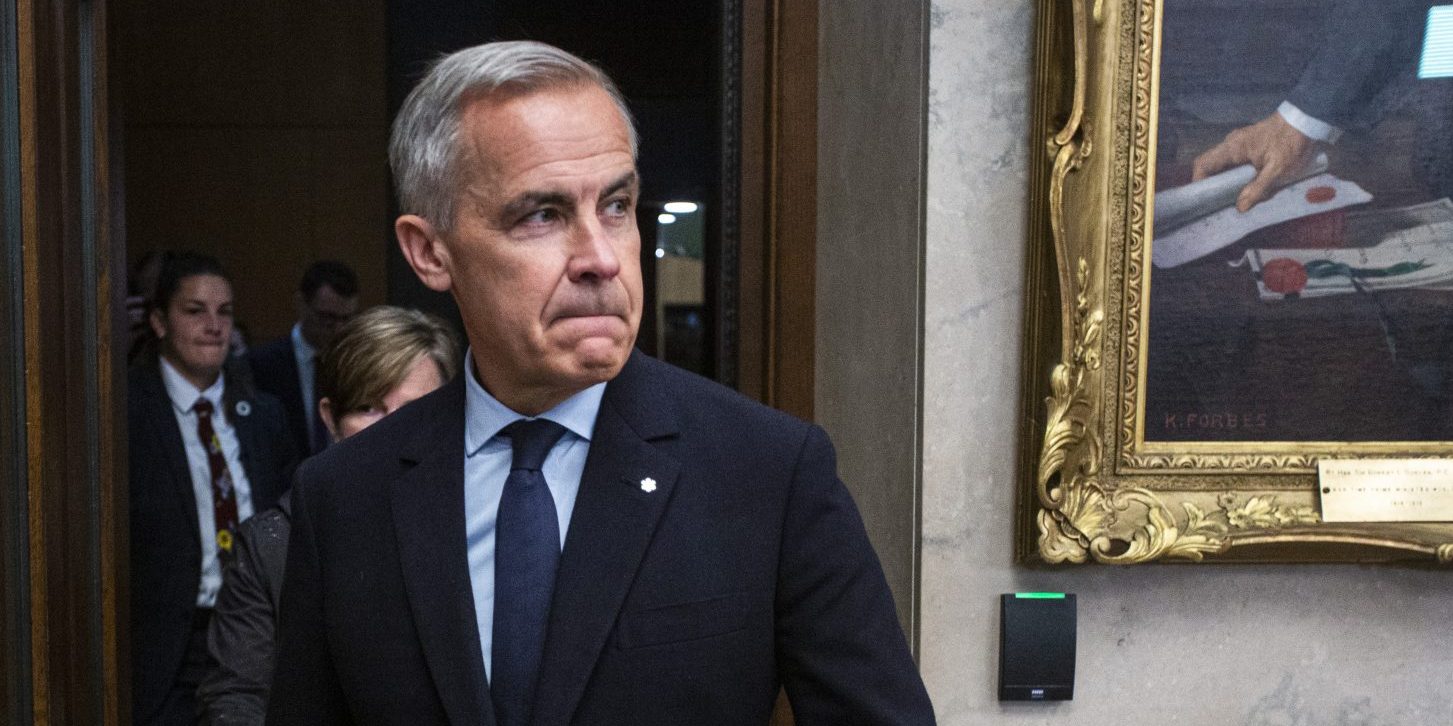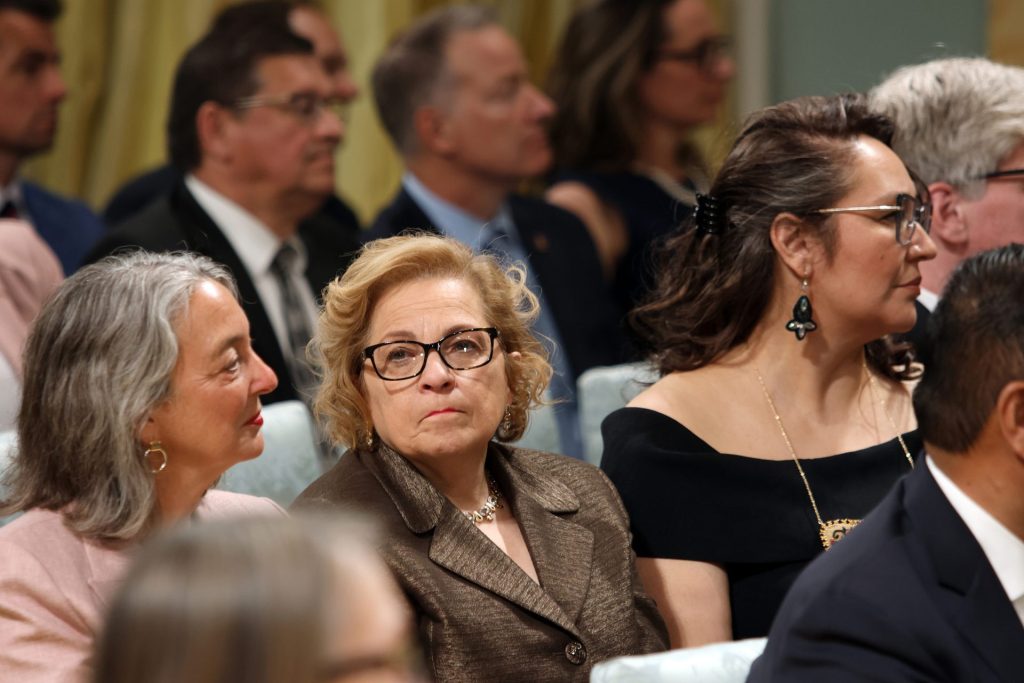Liberals sneak privacy law exemption into tax cut bill

‘Legislation corner’ is a regular feature in Politics This Morning, where this piece first appeared.
The government introduced two new bills in the House of Commons on June 5: one concerning a “middle class tax cut” and delivering GST relief for some first-time home buyers, and the other on citizenship by descent.
Bill C-4 delivers on Prime Minister Mark Carney’s (Nepean, Ont.) promised cuts to the lowest income-tax bracket, and to the sales tax on new homes. It will also erase the consumer carbon tax from Canadian law.
However, the bill does something else, too.
At the very end, the government has added a section related to laws governing the use of Canadians’ personal information. The gist of it is that political parties won’t have to follow any.
Canada’s federal parties have been united in fighting this battle for years. The Liberal and Conservative parties collect massive amounts of personal data on Canadians, the better to get them out to vote, volunteer, and donate. And the parties don’t want to follow laws governing how they keep or use that info.
The big parties have been fighting a court battle to preserve their hands-off status, after a British Columbia court ruled that they should have to follow the province’s privacy laws.
Instead, the parties want to make their own rules, and without any consequences if they break them. They tried in the last Parliament to pass legislation to that effect, but ran out of time. So they’ve squeezed the legal changes into Carney’s tax-cut bill.
The proposals in C-4 include a clause that makes explicit that any registered political party, or anyone acting on its behalf, may “carry out any activities in relation to personal information”, including its collection, use, disclosure, retention, and disposal.
It includes another clause that says that parties and their representatives “cannot be required to comply with an Act of a province or territory that regulates activities in relation to personal information.”
The only requirements to be placed upon the parties is that they develop and publish a privacy policy, and follow whatever terms they include in that policy.
That bill is sponsored by Finance Minister François-Philippe Champagne (Saint-Maurice–Champlain, Que.).
Liberals resurrect citizenship bill
Bill C-3, introduced on June 5 by Immigration Minister Lena Metlege Diab (Halifax West, N.S.), amends the Citizenship Act. It is identical to the bill C-71 that was introduced by the Trudeau government in the last Parliament, but did not advance.

It proposes to expand the criteria under which a person can gain Canadian citizenship by descent, and reverse a change to the law made by the Harper government that barred Canadian citizens who were born outside of Canada from passing on citizenship to their children if those children were also born outside of Canada. Ontario’s Superior Court ordered the government to make that reversal in 2003.
Under C-3, citizens who are born outside of this country must still demonstrate that they have a “substantial connection” to Canada in order to pass on their citizenship. In this case, “substantial connection” means that the parent must have been physically present in Canada for a cumulative total of at least 1,095 days (three years) before their child is born, in order to pass on citizenship to that child.
A version of this piece first appeared in Politics This Morning, your go-to source for insider news, analysis, and updates on where all the key political players are that day. Get more insider coverage directly to your inbox from The Hill Times‘ editor Peter Mazereeuw and reporter Riddhi Kachhela in this subscriber-only daily newsletter. Sign up here.
The Hill Times






 LICENSING
LICENSING PODCAST
PODCAST ALERTS
ALERTS













